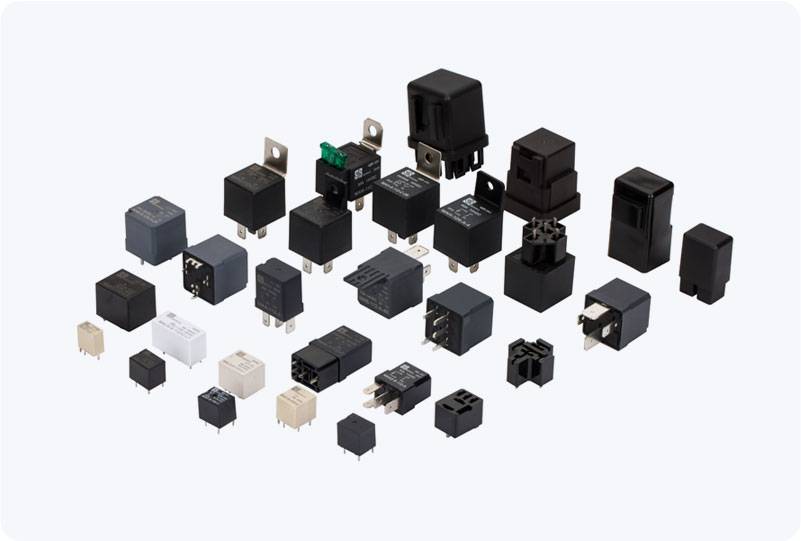understanding the ac motor relay: functions, types, and applications
Release time:2025-11-09 05:33:16
AC Motor Relays are crucial components in the electrical and automation industry, serving as intermediaries in the control and protection of electric motors. These relays ensure the reliable operation of motors, prevent damage from overloads, and contribute to the overall safety and efficiency of motor-driven systems. In this article, we will explore the essential functions of AC Motor Relays, the different types available, and their broad range of applications.

What is an AC Motor Relay? An AC Motor Relay is an electrical device designed to control the operation of an AC (alternating current) motor by switching the motor's power on or off. Relays are used to control circuits without requiring direct human intervention, which is especially important in systems where automation and safety are critical. AC Motor Relays are typically employed to start or stop motors and protect them from overloads or faulty conditions. The relay works by using electromagnetic forces or solid-state electronics to open and close contacts, which either connects or disconnects the motor from the power supply. This process can be triggered by various external signals such as switches, control panels, or automated systems.

